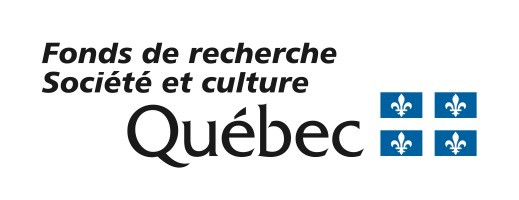Jeffrey Snodgrass, Ph.D.
Professor, Departement of Anthropology, Colorado State University (É.U.)

Workshop
Ethnographic Research in Online Virtual (Gaming) Worlds: A Mixed Qual-Quant “Small Data” Approach
Affiliation: Colorado State University
Jeffrey Snodgrass is a professor of cultural anthropology at Colorado State University. He is currently investigating the cultural therapeutics of inhabiting enchanted and sacred places. In one project, he is exploring the sociocultural dimensions of Internet-based virtual game-worlds to understand how these online environments facilitate immersive and even altered “dissociative” experiences, which, by promoting or relieving stress, are linked to both positive and negative health outcomes.
His lab is currently in the online game, Guild Wars 2, developing an ethnographically-sensitive measure of “Intensive MMO Involvement.” In contrast to other online “addiction” scales, this measure will include both positive benefits of such involvement alongside negative consequences. In addition, in India, he is working to understand how loss of access to forest spaces and resources impact Indigenous peoples’ health and systems of healing, research funded by the National Science Foundation.
Abstract
The principal challenge of ethnographically documenting life online is to situate sociocultural data in relevant contexts of meaning. This hands-on seminar will present an overview of an anthropological approach that accomplishes this, starting with relatively unstructured participant-observation, followed by semi-structured “person-centered” interviews, and ending with structured data collection techniques to more systematically test emergent hypotheses. Workshop examples will be drawn from the author’s current research in the online game, Guild Wars 2, which is treated as a complex network of communities of play with distinctive cultures. Data collection techniques discussed will include: ethnographic fieldnotes (of various kinds), semi-structured interviews (including developing an interview protocol), and structured techniques such as field surveys and social network interviews. Data analysis includes: qualitative analysis of fieldnote and interview data via both a “grounded theory” and “content analysis” approach using the software MAXQDA; cultural consensus analysis—a quantitative approach to culture, with cognitive anthropological roots—of field survey data using the program UCINET; social network analysis using the software EgoNet, including data visualization techniques such as constructing network diagrams. Other dimensions of conducting ethnography of Internet communities will also be touched upon, including research design, situating the project in linked online/offline sites, ethics and IRBs, “participatory” approaches involving community members as collaborators in the research, and presenting data to diverse audiences.
The seminar leader will also discuss the methodological and theoretical assumptions of his psychiatric anthropological approach to online worlds, where games such as Guild Wars 2, for example, are treated as “magic circle” spaces with potentially therapeutic and also addictive qualities.






